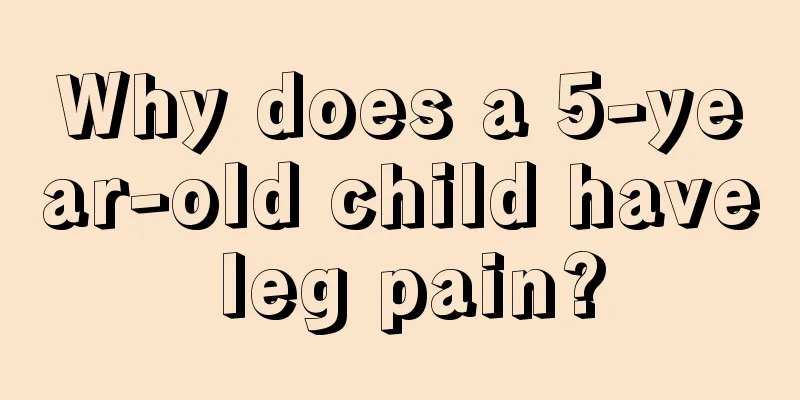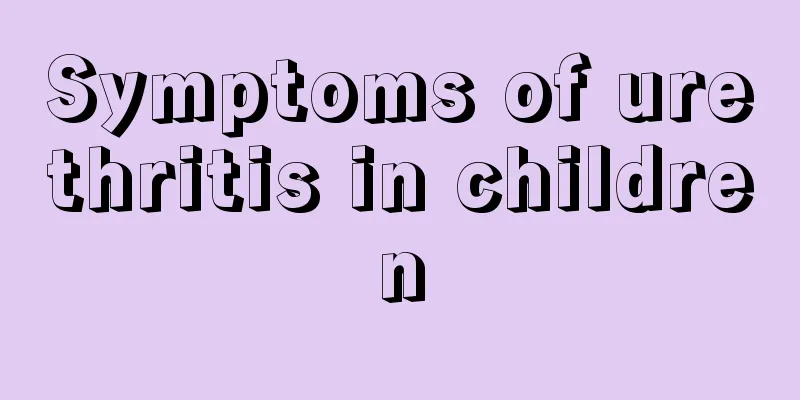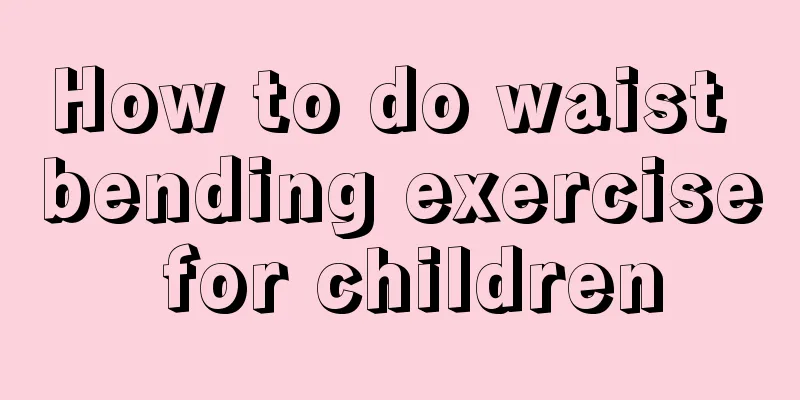How to check dizziness in children

|
In our lives, many children often experience dizziness. In fact, dizziness is more serious for children, because children are in a critical stage of intellectual development. At this time, if they often experience dizziness, it is likely to affect the normal development of children's intelligence. In addition, children may often use their brains during the learning process. So how to check for dizziness in children? There are several conditions that can cause dizziness in children. They are usually seen in the following diseases. First: It may be orthostatic adjustment disorder, which is obvious when the child gets up in the morning or stands up from a squatting position. This disease is not an organic lesion in the heart or brain, and the disease will gradually improve or heal with age. Second: It is necessary to rule out blood system diseases in children. Nutritional iron deficiency anemia is the most common anemia in children in my country. If the child has severe anemia, it can cause dizziness, fatigue and other symptoms. The simplest way is to give the child a routine blood test. Third: Pay attention to whether the child has the possibility of viral myocarditis. This disease is often seen after the upper respiratory tract infection, caused by the virus invading the myocardium. The child may show symptoms such as fatigue, palpitations, chest tightness, and dizziness. Electrocardiogram combined with myocardial enzyme spectrum examination can help confirm the diagnosis. Fourth: Pay attention to whether the child has sinusitis. This disease is also common after repeated upper respiratory tract infections. Children may have headaches, dizziness, and aversion to learning, which are often more obvious in the morning. Anterior and posterior radiographs of the sinuses can help with diagnosis. The above points are just some of the more common symptoms that can cause dizziness in children. They are not comprehensive, but just give you a general idea. Because there are many situations that can cause dizziness, it is recommended to take your child to the hospital to see a pediatrician and give targeted examinations and treatment. What to eat when a child is dizzy It is better to eat more foods that replenish the body's energy, because dizziness is usually accompanied by symptoms of physical weakness, so energy replenishment is necessary. You should also eat more foods that are high in iron, such as seaweed or black fungus, and be sure to use iron pots to cook. Nutritious foods are mainly alkaline foods such as fruits, vegetables and seaweed. Foods high in olive oil are also necessary, and foods mainly consist of beans. Among fruits, pineapples, oranges, and apples are all edible, but the amount should not exceed four at a time. Child dizziness and vomiting Generally, dizziness in children is mostly caused by anemia or hypoglycemia, but it cannot be ruled out that it is caused by diseases in the head or heart. Head discomfort can easily cause vomiting. If such a situation occurs suddenly, lay the child flat as soon as possible and prepare a glass of warm water. In daily life, you should pay attention to eating more nutritious foods, including foods high in protein, iron and other substances. Fruits and vegetables are also necessary, and beans are best. If the condition is too serious, you should use medication to assist in recovery. |
<<: Can a child's gene mutation be treated?
>>: What to do if your child has true myopia
Recommend
My baby is 22 days old and his jaundice has not subsided. What should I do?
If your baby's jaundice has not completely su...
What is the treatment for papular dermatitis in children?
Female friends who have become mothers may have h...
What medicine should children take for gastrointestinal cold
Gastrointestinal cold in children is a type of pe...
What should I do if my child has bad breath? Normal treatment for bad breath in children
Bad breath in babies is a common oral disease, wh...
Can children use nano steaming?
In big cities, you can often see some steaming pa...
How to treat spots on children's faces
Some children may develop spots on their faces, e...
What are the symptoms of heat stroke in children?
What worries parents the most is their children g...
My 5-year-old child cannot speak clearly
Most children can speak a few simple words interm...
What should I do if the replaced teeth fall out?
When people grow ten teeth, the teeth have alread...
The causes of black tongue coating in children
Many parents usually pay attention to some abnorm...
Reasons for children's poor expression ability
Every child is a little angel sent by God, and th...
How to treat hair loss in teenagers?
Hair loss is a physiological phenomenon that occu...
What causes pain in the soles of children’s feet?
Children are very susceptible to viral infections...
Where is lumbar puncture performed in children?
Lumbar puncture does sound scary and is often pai...
What are the symptoms of chickenpox?
Chickenpox is an infectious disease. Its main sou...









